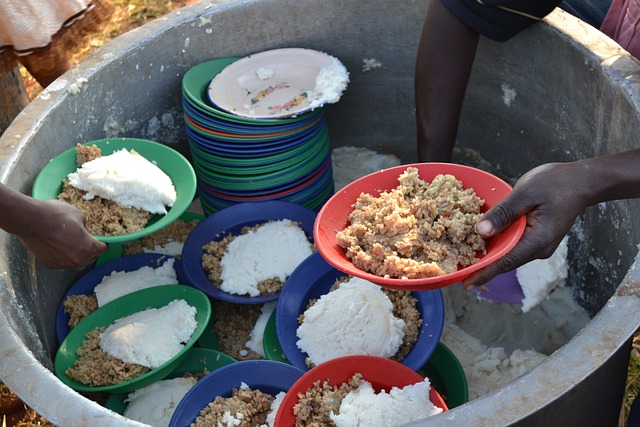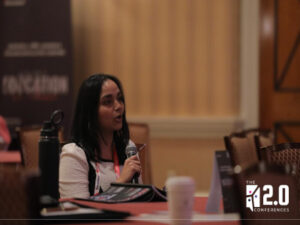Introduction:
Hunger is a multifaceted issue with deep-rooted causes, including poverty, inequality, food insecurity, and lack of access to education. While food banking initiatives play a crucial role in providing immediate relief to those in need, addressing the root causes of hunger requires a comprehensive approach that includes education and empowerment. In this article, we will explore how education and food banking initiatives can work together to tackle the underlying factors contributing to hunger and food insecurity.

Understanding the Link Between Education and Hunger:
- Education is a powerful tool for breaking the cycle of poverty and hunger. Research has shown that education plays a significant role in improving food security outcomes by increasing household income, enhancing livelihood opportunities, and empowering individuals to make healthier food choices. However, barriers such as limited access to quality education, low literacy rates, and lack of vocational training programs can perpetuate food insecurity and undermine efforts to address hunger effectively.
Promoting Food Literacy and Nutritional Education:
- One way to address the root causes of hunger is by promoting food literacy and nutritional education. Food banks can collaborate with schools, community organizations, and government agencies to develop educational programs that teach individuals and families about healthy eating habits, meal planning, and food budgeting. By providing nutrition education and cooking classes, food banks empower people to make informed choices about their diets, stretch their food budgets, and minimize food waste, thus improving their overall food security and well-being.
Empowering Communities Through Skills Training:
- Skills training programs can play a crucial role in addressing hunger by equipping individuals with the knowledge and skills they need to earn a living and support themselves and their families. Food banks can partner with vocational training centers, job placement agencies, and local businesses to offer training programs in culinary arts, agriculture, food service, and other relevant fields. By providing opportunities for skills development and economic empowerment, food banks help break the cycle of poverty and create pathways to self-sufficiency for vulnerable populations.
Fostering Sustainable Food Systems:
- Education and awareness are essential for building sustainable food systems that ensure access to nutritious food for all. Food banks can engage in advocacy and public education campaigns to raise awareness about the importance of sustainable agriculture, food sovereignty, and food justice. By promoting policies that support smallholder farmers, protect natural resources, and promote equitable access to food, food banks can help create an environment where everyone has the opportunity to thrive and access to healthy, affordable food is a basic human right.
Research Evidence:
- Numerous studies have demonstrated the positive impact of education and skills training on food security and poverty reduction. For example, a study published in the Journal of Development Economics found that each additional year of schooling is associated with a significant reduction in the risk of food insecurity among households in low-income countries. Another study published in the Journal of Agricultural and Resource Economics showed that vocational training programs can improve household food security outcomes by increasing household income and employment opportunities.
Conclusion:
Addressing the root causes of hunger requires a multifaceted approach that combines education, skills training, and food banking initiatives. By promoting food literacy, empowering communities through skills development, and fostering sustainable food systems, we can create a future where everyone has access to nutritious food and opportunities for a better life. As we work together to tackle the underlying factors contributing to hunger, let us prioritize education and empowerment as essential tools for building a more resilient and food-secure world.



